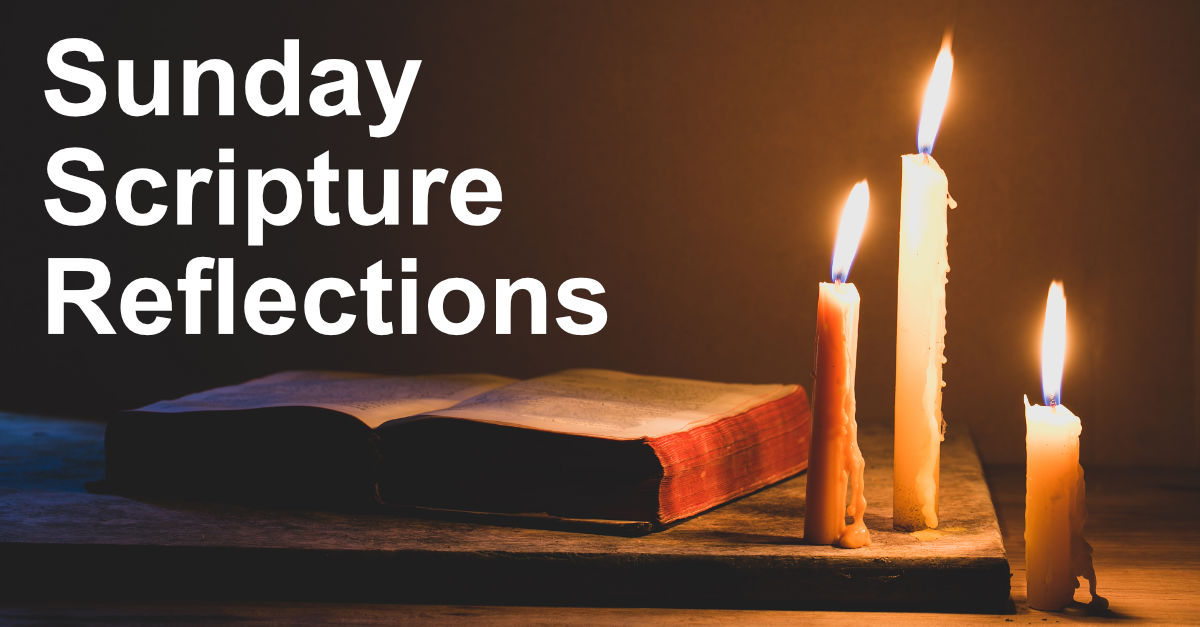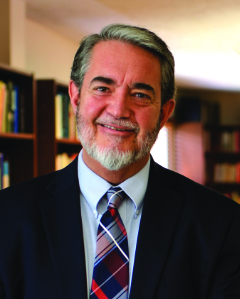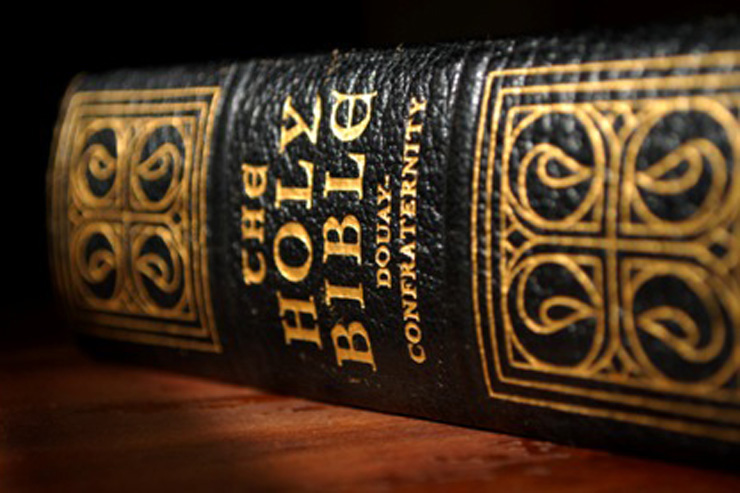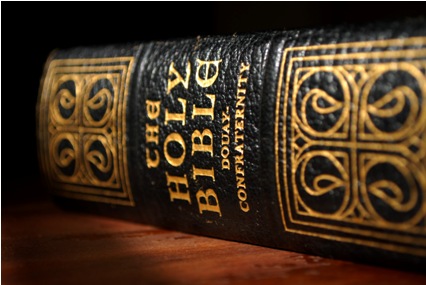“God our Father,” today’s Epistle tells us, has given us “everlasting encouragement” in the Resurrection of Christ. Through His grace, we can now direct our hearts to the love of God.
Dr, Scott Hahn reflects on the Mass Readings for the Thirty-Second Sunday in Ordinary Time (Year C).
Readings:
2 Maccabees 7:1–2, 9–14
Psalm 17:1, 5–6, 8, 15
2 Thessalonians 2:16–3:5
Luke 20:27–38
With their riddle about seven brothers and a childless widow, the Sadducees in today’s Gospel mock the faith for which seven brothers and their mother die in the First Reading.
The Maccabean martyrs chose death—tortured limb by limb, burned alive —rather than betray God’s Law. Their story is given to us in these last weeks of the Church year to strengthen us for endurance—that our feet not falter but remain steadfast on His paths.
The Maccabeans died hoping that the “King of the World” would raise them to live again forever (see 2 Maccabees 14:46).
The Sadducees don’t believe in the Resurrection because they can’t find it literally taught in the Scriptures. To ridicule this belief, they fix on a law that requires a woman to marry her husband’s brother if he should die without leaving an heir (see Genesis 38:8; Deuteronomy 25:5).
But God’s Law wasn’t given to ensure the raising up of descendants to earthly fathers. The Law was given, as Jesus explains, to make us worthy to be “children of God”—sons and daughters born of His Resurrection.
“God our Father,” today’s Epistle tells us, has given us “everlasting encouragement” in the Resurrection of Christ. Through His grace, we can now direct our hearts to the love of God.
As the Maccabeans suffered for the Old Law, we will have to suffer for our faith in the New Covenant. Yet, He will guard us in the shadow of His wing, He will keep us as the apple of His eye, as we sing in today’s Psalm. The Maccabeans’ persecutors marveled at their courage. We too can glorify the Lord in our sufferings and in the daily sacrifices we make.
And we have even greater cause for hope than they did. One who has risen from the dead has given us His word—that He is the God of the living, that when we awake from the sleep of death we will behold His face and be content in His presence (see Psalm 76:6; Daniel 12:2).
This reflection appears here with the kind permission of the author. Visit Dr. Hahn’s website at the St. Paul Center for Biblical Theology.
THE ROAD TO EMMAUS — PODCASTS FROM DR. SCOTT HAHN
Dr. Scott Hahn presents the deeply biblical roots of Catholic teaching and practice in The Rode to Emmaus. Discover how Sacred Scripture forms and informs our notions of morality and spirituality, liturgy and the sacraments, and so much more.
Subscribe to The Road to Emmaus at Apple Podcasts, Spotify, Stitcher, or wherever you listen to podcasts.















